The Covid-19 pandemic could not have come at a worse time, as many countries in the MENA region remain engulfed in vicious internal conflicts or must cope with structural socio-economic distress and popular dissent. In many respects, such a context and many of its problems resemble those that formed the backdrop for the Arab Spring in 2011.
Exactly like what happens with humans, who are hit the hardest when presenting pre-existing conditions, MENA states have been impacted because of their own pre-existing conditions. In this sense, the Covid-19 pandemic has laid bare all the vulnerabilities and deficiencies of these states’ structures, and has aggravated pre-existing political, social, and economic shortcomings.
How has the pandemic impacted state structures? What is its effect on organized protests and spontaneous popular movements? What are the possible long-term consequences?
ISPI. L’ISPI è un think tank indipendente dedicato allo studio delle dinamiche politiche ed economiche internazionali fondato nel 1934. È l’unico istituto italiano – e tra i pochissimi in Europa – ad affiancare all’attività di ricerca un significativo impegno nella formazione, nella convegnistica e nell’analisi dei rischi e delle opportunità a livello mondiale per le imprese e le istituzioni. L’ISPI privilegia un approccio interdisciplinare e “policy-oriented” reso possibile da un team di ricerca di oltre 50 analisti e può inoltre contare su un network internazionale di 70 università, think tank e centri di ricerca. Nella classifica redatta dall’Università di Pennsylvania, l’ISPI si è posizionato al primo posto al mondo tra i “Think Tank to Watch” nel 2020.
DATI BIBLIOGRAFICI
A cura di: Karim Mezran, Annalisa Perteghella
Editore: Ledizioni
Collana: Pubblicazioni ISPI
Pubblicato in: dicembre 2020
Lingua: inglese
Formato: brossura 109 p. – ePub
ISBN cartaceo: 9788855263801
ISBN ePub: 9788855263818
Prezzo cartaceo: 12 €
Prezzo ePub: 6,99 €


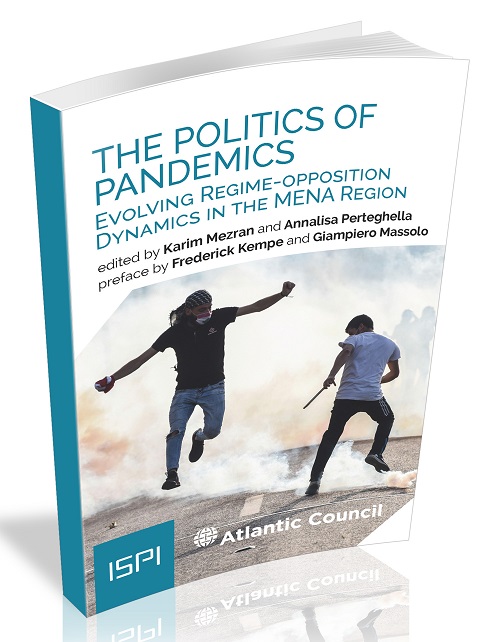
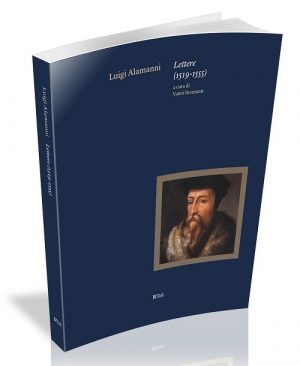
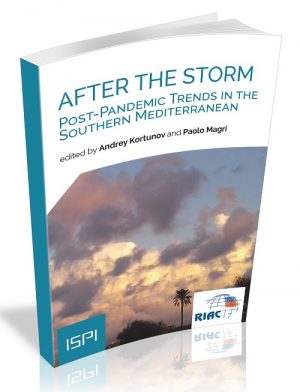






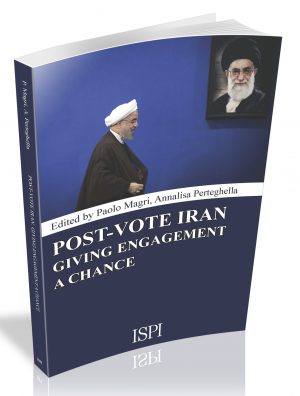
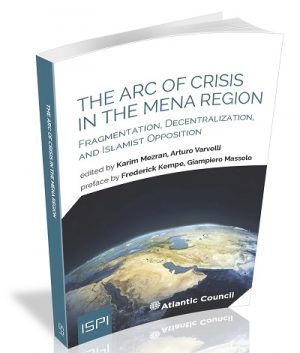
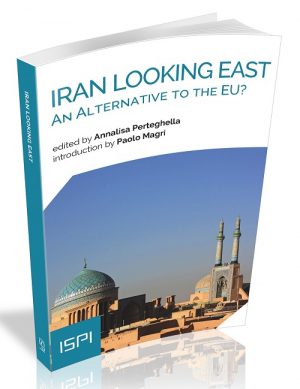

Reviews
There are no reviews yet.